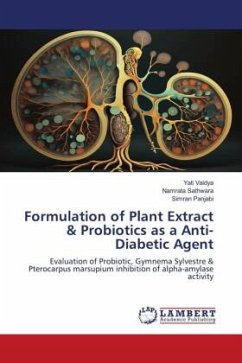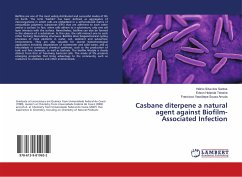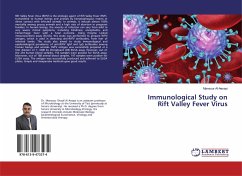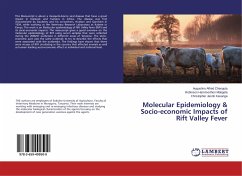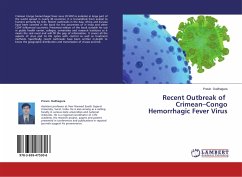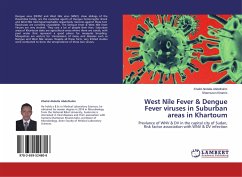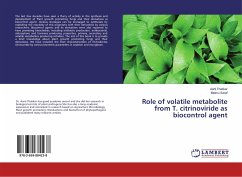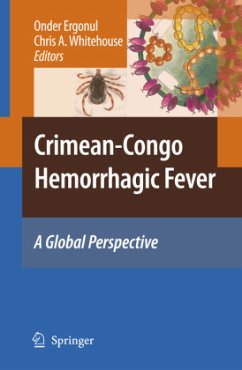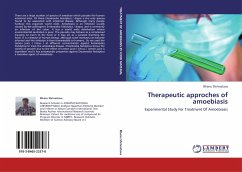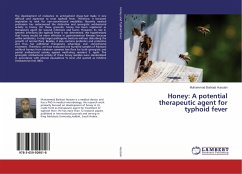
Honey: A potential therapeutic agent for typhoid fever
Versandkostenfrei!
Versandfertig in 6-10 Tagen
41,99 €
inkl. MwSt.

PAYBACK Punkte
21 °P sammeln!
The development of resistance to anti-typhoid drugs had made it very difficult and expensive to treat typhoid fever. Therefore, it becomes imperative to look for non-conventional modalities. Recently medical profession has rediscovered the distinctive and synergistic antibacterial activity in honey. On these grounds, honey has been registered as therapeutic agent for wound infections and burns. However, its role in systemic infections like typhoid fever is not determined. We hypothesized that honey would be more effective in gastrointestinal illnesses because unlike antibiotics, it only target...
The development of resistance to anti-typhoid drugs had made it very difficult and expensive to treat typhoid fever. Therefore, it becomes imperative to look for non-conventional modalities. Recently medical profession has rediscovered the distinctive and synergistic antibacterial activity in honey. On these grounds, honey has been registered as therapeutic agent for wound infections and burns. However, its role in systemic infections like typhoid fever is not determined. We hypothesized that honey would be more effective in gastrointestinal illnesses because unlike antibiotics, it only target pathogenic bacteria without disturbing the growth of normal flora. Besides, it also contains prebiotics and probiotics and thus has additional therapeutic advantage over conventional treatment. Therefore, we have evaluated one hundred samples of Pakistani unifloral honeys from nineteen common bee flora for both synergistic and partial antibacterial activity against multi-drug resistant S. typhi. The synergistic antibacterial activity of these honey samples were standardized in accordance with phenol equivalence % (w/v) and quoted as Inhibine Antibacterial Unit (IBU).



